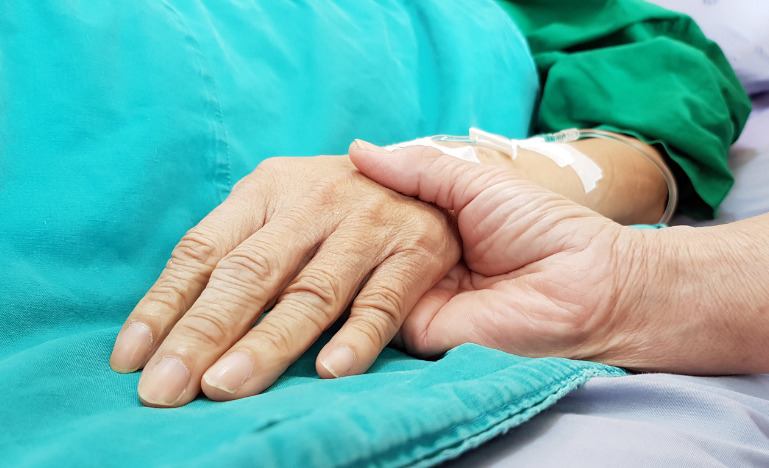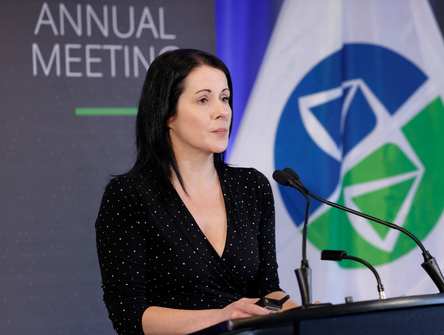Balancing autonomy and protection
Changes to Canada’s MAID legislation are not the end of the story for the CBA, but the beginning of a new chapter.

The coming into force of changes to Canada’s medical assistance in dying law, on March 17, is not the end of the story, says David E. Roberge, a partner in the Litigation Group of McCarthy Tétrault in Montréal and a member of the Canadian Bar Association’s End of Life Working Group, composed of lawyers from several CBA Sections including Health Law, Constitutional and Human Rights Law, and Child and Youth Law. The promulgation of Bill C-7 is the beginning of a new chapter, one that the Association intends to continue influencing.
The CBA’s work on MAID started before the Supreme Court of Canada’s 2015 Carter decision, which held that criminal laws prohibiting assistance in dying infringed on the rights to life, liberty and security of the person (s. 7 of the Charter) in a manner than could not demonstrably be justified under s. 1.
The CBA adopted several resolutions on the issue, in particular to include the eligibility of persons with a psychiatric condition for MAID; to permit advance requests for MAID at any time following the diagnosis of a grievous and irremediable condition when suffering becomes intolerable; and to permit individuals under the age of majority who are shown to be competent and consenting (often referred to as “mature minors”) to access MAID with appropriate safeguards. The CBA has been asked to appear before many committees, including most recently the House of Commons and Senate committees debating C-7.
The law as promulgated is not yet the final word on issues raised by the CBA. But the evolution of the legal framework surrounding medically assisted death in Canada is consistent with the principles guiding the CBA’s advocacy on the matter, including dropping the requirement that one of the two physicians signing off on a person’s eligibility to MAID be a specialist of the particular illness or condition a person suffers from. “The CBA’s concern was that in some communities, in some regions, there are long waiting lists to see a specialist, and this could therefore force a person to live a prolonged time in pain, and in some cases, it could prevent certain people from accessing MAID,” Roberge says.
The exclusion of persons with a psychiatric condition will continue for two years while an independent panel of experts does a thorough review and presents recommendations to Parliament by March 2022. The CBA did not request this delay but is nevertheless encouraged to see a willingness by Parliament to recognize that complete exclusion would violate equality rights as guaranteed by s. 15 of the Charter.
The CBA’s position is that while safeguards need to be in place, “to remove risk by completely excluding people with mental illness was not a reasonable or proportionate solution. We need a framework based on individual evaluation that would not provide MAID to everyone but would allow certain people who are otherwise eligible to access it with appropriate safeguards,” says Roberge.
The CBA takes the position that advance requests should be permitted along with the appropriate safeguards being put in place. One of the main challenges surrounding advance requests, explains Shelley Birenbaum, President and Counsel at Shelley R. Birenbaum Professional Corporation and long-time member of the End of Life Working Group, is how to ensure measures are in place to maintain the integrity of a person’s wishes, especially in cases where the person is no longer in a position to communicate, or is incapable of consenting.
As well, there needs to be consideration surrounding who can be the person deciding when the advance request conditions have been fulfilled. “We have to make sure in the same way they put in safeguards as to who could be a witness to an application for MAID, that the person making the decision cannot be a known beneficiary under the person’s will.”
The question of mature or competent minors is fraught with emotions but as with other aspects of MAID, the CBA’s role is to move the debate towards a resolution that guarantees the autonomy of the person with appropriate safeguards to protect those who may be in situations of vulnerability.
“Someone under the age of majority could have the capacity of an adult to make these decisions for themselves,” says Kim Jakeman, a partner with Harper Grey and chair of the CBA’s End of Life Working Group. “Where I see the problem is with mature minors and mental illness,” she adds, pointing to psychiatric experts suggesting that in many cases conditions such as depression and anxiety can be treated or cured, especially in young people. “That’s going to be a struggle. We need to ensure there are appropriate protections in place.”
Looking ahead, the CBA Working Group has constituted sub-committees to review and update the literature on the issues still to be debated. The influence work of the CBA continues.


